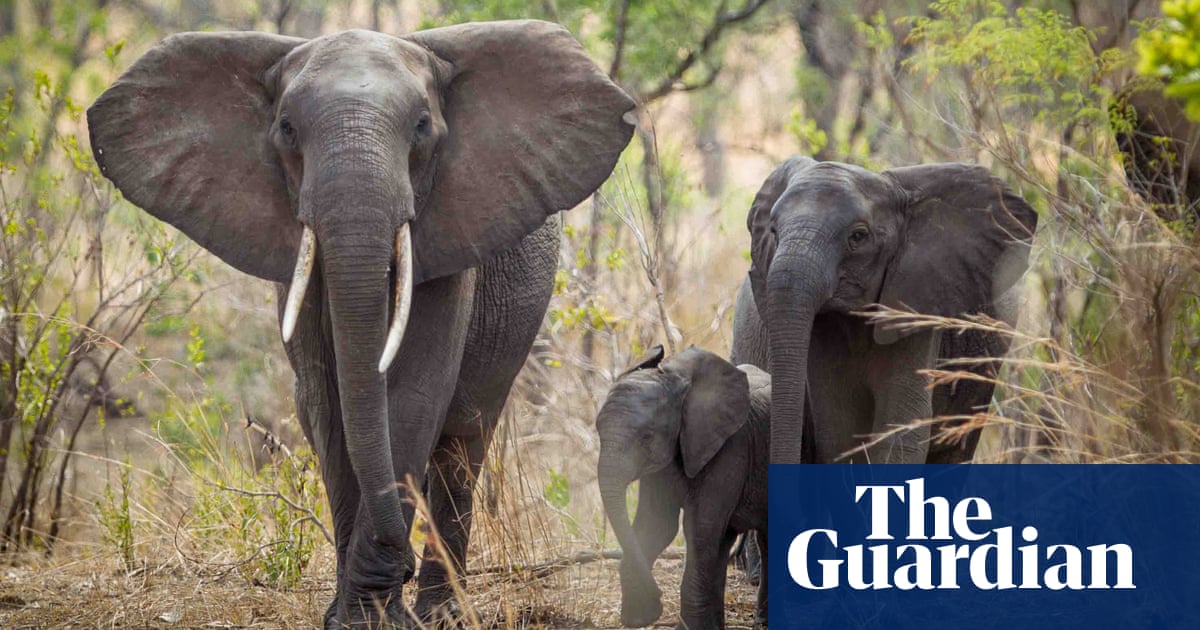- cross-posted to:
- darwinaward
- cross-posted to:
- darwinaward
A Spanish tourist has been trampled to death by elephants in a South African national park after apparently trying to take pictures of a breeding herd that included three calves.
The 43-year-old man was killed on Sunday morning at Pilanesberg national park about 130 miles (210km) north-west of Johannesburg.
According to park officials, the man, who was with three friends, climbed out of his vehicle and walked towards the animals to take photos.
“Despite warnings from his fellow passengers, and occupants from two other vehicles that were at the sighting, he unfortunately did not heed their warnings,” the North West province’s parks and tourism board said in a statement.



His argument went one step further as well I think: aside from the literal culling, he argued also that they used their brains far more often to solve actual real problems and avoid harm, and that this active engagement of their brains with their environment likely led to higher “general intelligence” than say safe western world inhabitants. As an employee of the “spreadsheet factory” I find this speculation highly plausible and compelling.
There is some data out there (that I read like 20 years ago and can’t find anymore) that tested two groups of juvenile rats. One group lived 24/7 with mom, and the other split time between mom and their buddies, playing and doing dumb young animal shit.
The scientists discovered that the rats with mom had a less developed brain vs the ones who split time. They posited it was due to the split time rats having to navigate friendships and conflict, forcing their brains to develop more complex neural pathways.
Extrapolating this to humans you can see what the repercussions would be (and in my experience, has become).
Yes I would tend to agree—it seems anecdotally correct that if you restrict the possibility space for a child down to something very narrow, the opportunity to learn and adapt must reduce as well. Which is probably why “good parenting” is such a tricky concept, because you have to somehow maximize the possibility space while also removing anything that can plausibly kill/hurt your child. A daunting task…
I have noticed some nephews of mine being particularly limited—they grew up during pandemic years and are home schooled, and they don’t have meaningful interactions with other children or adults, which seems to really be leading to some issues.
Yup. How do you learn to make informed choices when you’ve never been given the opportunity to learn what that entails? Same with conflict, relationships, etc.
The plasticity of the brain (maybe?) allows for the brain to grow and change, but I haven’t spent the time to look up more recent developments and see what info is out there.